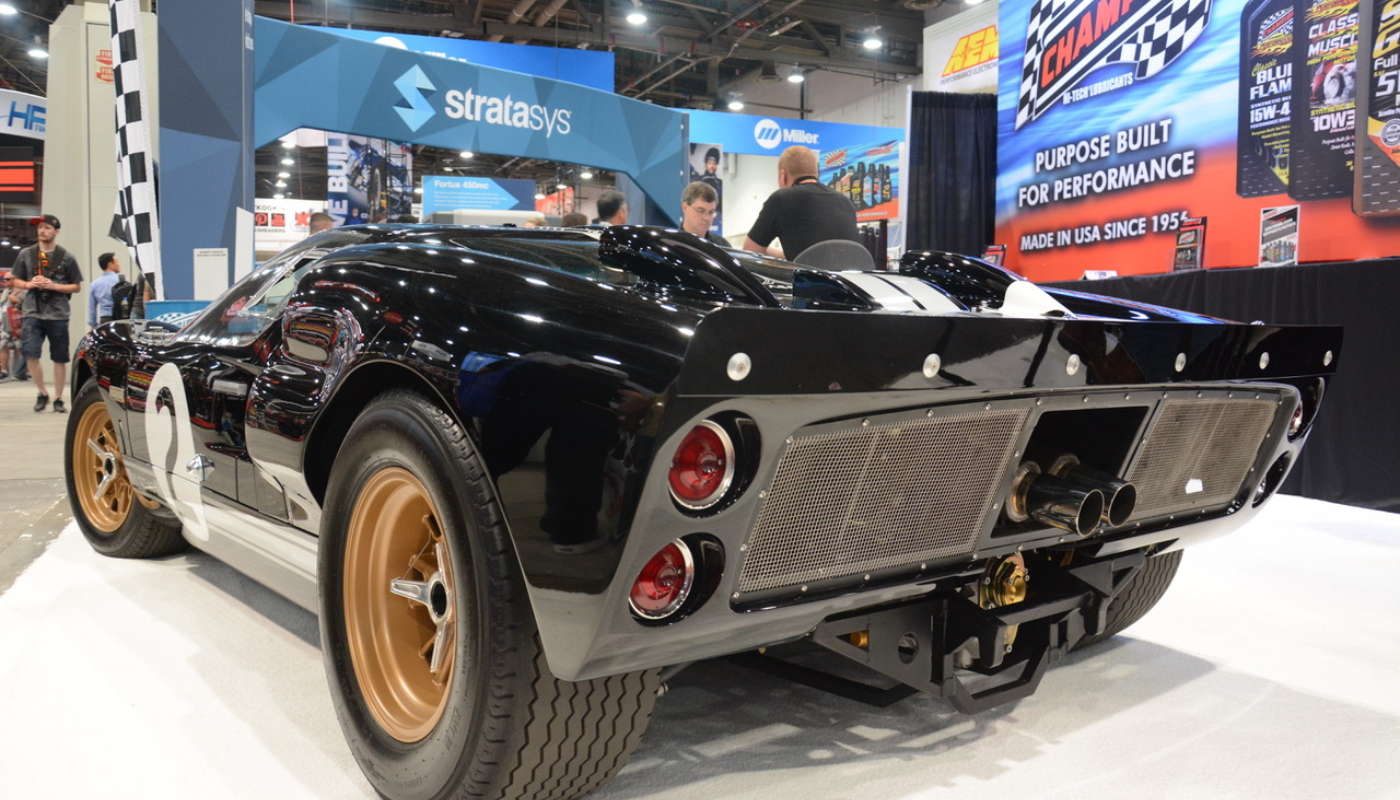
Replicas From a Vending Machine?
By Steve Temple
A recent news item arrived in my email about a 15-story-tall, glass-walled structure that dispenses exotic cars at the push of a button, somewhat like a snack-food vending machine. Located in Singapore, Autobahn Motors showcases (literally) more than 60 luxury cars in a high-rise garage, since available land area is limited there.
The high-end offerings range from Lambos to Bentleys to Porsches, among others. Pick a car, pick a color, and Autobahn’s vending machine places it on a spotlighted turntable. The whole procedure takes just a couple minutes. What could be simpler? (Except that you can’t plug the vending machine full of coins in order to pay for a pricey exotic.)
The concept sounded pretty absurd at first, since ReinCarNation magazine is all about custom-built cars tailored to personal preferences. The idea of off-the-shelf, “ready-to-wear” rides is generally foreign to our readers. Our cars aren’t appliances, but about passion — what makes your heart beat faster. (Note the apt comments from the owner of the The Italian Job, this issue’s cover feature about the world’s fastest Cobra.)
Rather than dismissing things totally out of hand, though, I began to mull over the virtues of this novel approach to marketing cars. Not everybody has the time or skills to build a car from scratch. For many, the thrill is more about getting the car running and on the road, rather than months wrenching in the garage. (But I certainly admire those hands-on folks who have such ability and patience.)
Note, too, how times have changed. In the old days of building replicas and other project cars, many parts were sourced from either a donor car or salvage yard. The automotive aftermarket, sensing a good business opportunity, now offers a number of “plug ’n play” parts, crate engines in particular, to simplify the entire buildup process.
As one example of many, note Edelbrock’s new supercharged Coyote engine in this issue, a high-performance package that comes with a full warranty. At the London Cobra Show, also featured herein, I spotted several vendors and replica companies that offer components or nearly complete vehicles to make things easier for consumers.
All of which leads to an update on the low- volume turnkey replica law, which would allow companies limited production of complete vehicles. (Of course, many replica companies already provide turnkeys by subcontracting final assembly through a separate company.) In previous issues, I’ve reported on this promising new law, which would spur job creation and help preserve America’s automotive heritage, but it seems to have gotten bogged down in government bureaucracy (no surprise there).
According to SEMA, which facilitated passing the legislation, the National Highway Traffic Safety Administration (NHTSA) and U.S. Environmental Protection Agency (EPA) had one year (until Dec. 4, 2016) to issue any necessary regulatory documents for implementing the program. The agencies missed the deadline. Again, no surprise there.
NHTSA is pursuing rulemaking (proposed and final rule) and the EPA has already issued a draft industry guidance document for review by SEMA and the industry taskforce. Once all the paperwork is in place (as to when that will happen is unknown at this time, but the program might actually be operational before then), the agencies will have 90 days to process applications from low-volume manufacturers that intend to start selling replica cars. SEMA is seeking implementation of the program by the end of 2017. Let’s hope it’s sooner rather later, so replica companies can build their own vehicle vending machines. (Incidentally, Autobahn Motors plans to offer consulting services to companies interested in a similar setup.)
But one last question: If that new machine in Singapore keeps your money without dispensing your purchase, what would you do? Break the glass and grab the ignition keys?
Steve Temple - editor@rcnmag.com

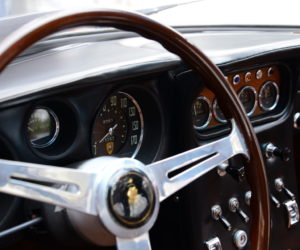
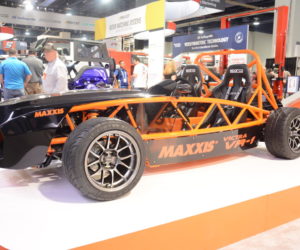
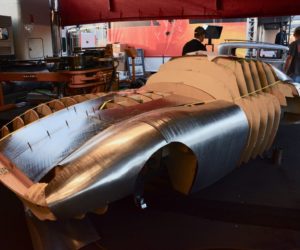
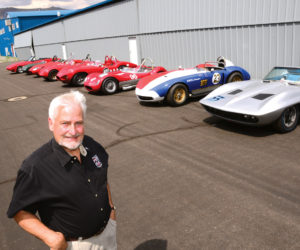
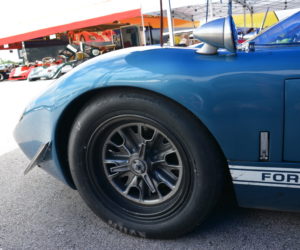
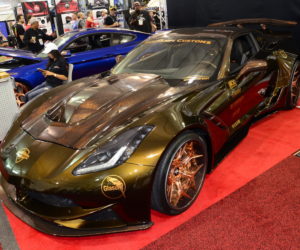




Comments for: Replicas From a Vending Machine?
comments powered by Disqus